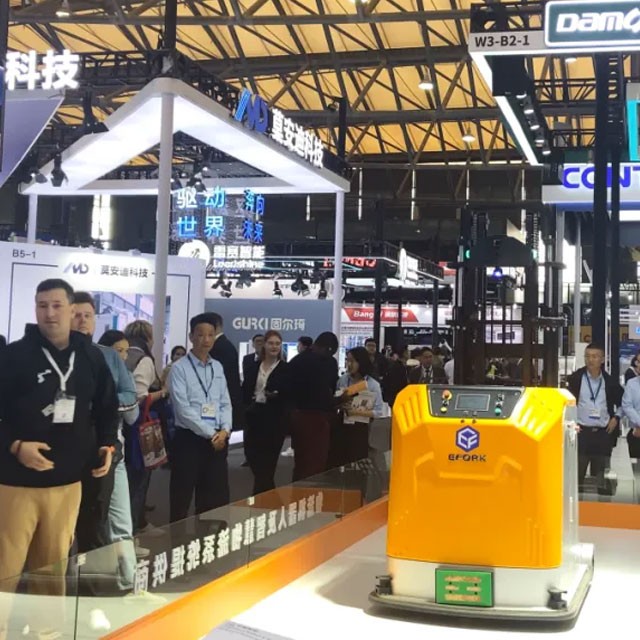
Innovative Technology Drives Forklift Battery Market Development
In the industrial sector, forklift batteries are a crucial power source that ensures the efficiency of warehousing and logistics operations. With continuous technological advancements and increasingly strict environmental policies, the demand for forklift batteries is growing rapidly. Recently, leading companies in the industry announced that through advanced battery technologies and sustainable solutions, the performance and lifespan of forklift batteries have been significantly improved, opening up new opportunities for growth in the global industrial logistics sector.
Breakthroughs in Forklift Battery Technology
Technological innovations in the forklift battery industry are mainly focused on energy efficiency, charging speed, and durability. With the continuous progress of lithium battery technology, many companies are transitioning from traditional lead-acid batteries to lithium batteries. Lithium batteries offer higher energy density, shorter charging cycles, and longer lifespans, allowing forklifts to operate more efficiently while reducing downtime and boosting overall productivity.
Additionally, the application of smart technology is another significant trend in the forklift battery sector. For example, with built-in intelligent monitoring systems, forklift batteries can track their status in real-time, including battery levels, temperature, and charging status, providing more accurate usage recommendations, extending battery life, and ensuring operational safety.
Environmental Protection and Sustainability
As global environmental policies become more stringent, there is an increasing demand for businesses to embrace sustainability. Environmental performance is becoming an essential competitive standard in the forklift battery industry. Compared to traditional lead-acid batteries, lithium batteries not only outperform in terms of charging efficiency and lifespan but also contribute to reducing environmental pollution. Lithium batteries use fewer harmful substances in their production and are easier to recycle, helping reduce a company’s carbon footprint and environmental costs.
Furthermore, with improvements in battery recycling technology, the recycling rate of forklift batteries is steadily increasing, reducing resource waste. Industry experts note that green technology for forklift batteries will undoubtedly become one of the core drivers of the industry’s growth in the future.
Market Outlook and Industry Challenges
The growth potential of the forklift battery market is immense. According to industry reports, it is expected that by 2030, the global forklift battery market will reach several billion dollars. Especially with the global shift toward electrification and the development of green logistics, the demand for forklift batteries is anticipated to grow significantly.
However, the forklift battery industry also faces some challenges. Although lithium battery technology has made significant progress, the production cost remains relatively high, posing a burden for many small and medium-sized enterprises. Additionally, industry standards for battery recycling and the handling of waste batteries still need to be further improved, particularly in developing countries and regions. Establishing comprehensive recycling systems to ensure proper utilization of battery materials remains an urgent issue to address.
Conclusion
Despite these challenges, continuous innovations in forklift battery technology and the growing demand for environmental sustainability are sure to accelerate transformations in the industry. As technology matures and market demand increases, forklift batteries will become an indispensable component in the global industrial logistics sector. Looking ahead, the smart, green, and efficient development of forklift batteries will provide businesses with more sustainable and high-performing solutions, further enhancing the competitiveness of global logistics and warehousing industries.






